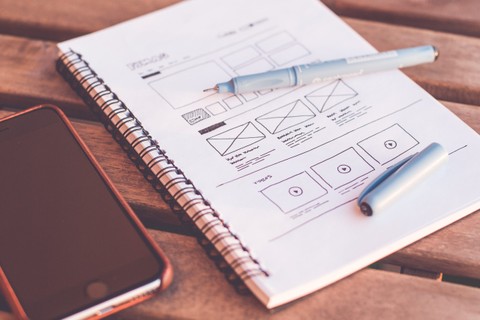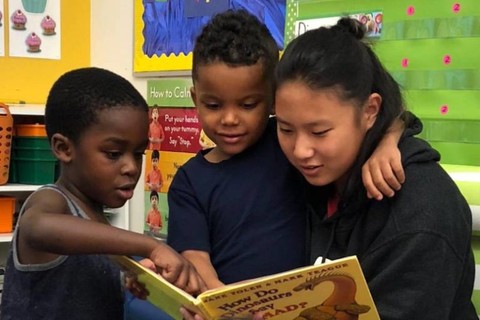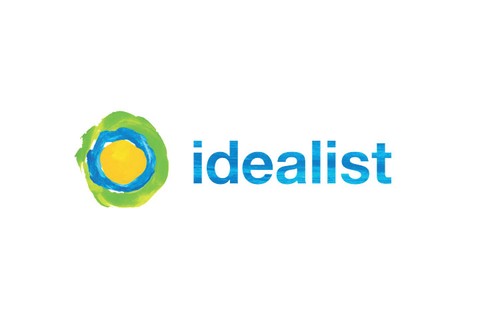College Competencies: Co-Curricular Experience
The College Competencies were developed to better map and coordinate the knowledge students gain and learn through their University of Rochester co-curricular experience and connect that learning to the philosophy embedded in our open curriculum. These competencies are integral as students become global citizens in an ever-changing environment that is increasingly shaped by technology, globalization, and movements that emphasize equality and inclusivity. The College Competencies are a framework for students to tell their story and make the world ever better. These competencies were developed through a collaborative process with the college community.
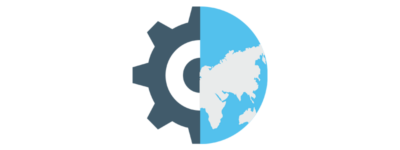
Intercultural & Global Fluency
Through the development of skills, knowledge, and understanding, students demonstrate cultural humility, and both value and respect diverse and intersectional experiences, including variances in culture, race, gender, socioeconomic status, ability, religion, national origin and other markers of the human experience. Becoming aware of implicit bias and privilege develops the capacity to engage and communicate within different cultural contexts.

Career Design & Management
Ability to identify and understand interests, skills, strengths, knowledge, and experiences in order to tell one’s story. Through ongoing critical reflection, students explore career choices, build connections between competencies, and seek growth opportunities. Students are able to self-advocate and design opportunities while being cognizant of environmental and cultural contexts.
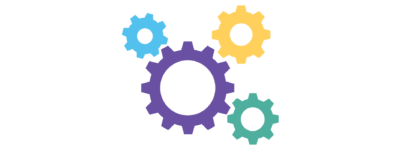
Leadership
Through formal and informal positions, everyone can be a leader. Students leverage the strengths of community to reach common goals and use interpersonal skills for coaching and development. Through a process of learning and applying skills, students can accomplish measurable and meaningful change.

Critical Thinking & Problem Solving
An iterative, dynamic process through which students formulate questions, define problems, become aware of biases and assumptions of self and others, evaluate arguments from multiple, contradictory sources, and synthesize pertinent information. Through this process students can positively impact decision making to address needs in a real-world context.
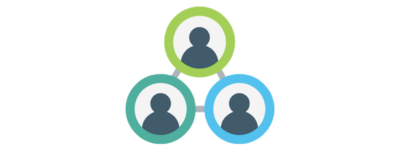
Teamwork
Mutually beneficial relationships complement individual work and are required for robust learning. By connecting with others, students test ideas, challenge assumptions, and navigate conflicts. Working together, students solve problems and drive innovation for the betterment of communities.
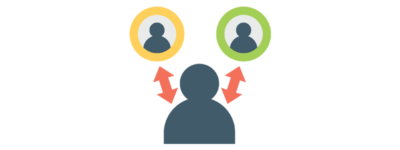
Adaptability & Resiliency
Ability to demonstrate flexibility and readily adjust in response to change and innovation builds perseverance, which allows re-framing of problems and navigating community resources to overcome challenges. Through this process, students identify approaches, alternate paths or new opportunities to achieve desired results.
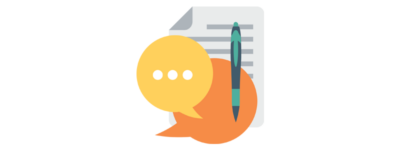
Oral & Written Communication
Communication grounds our interactions and connects us with others. Writing, reading, speaking, and listening help us make sense of the knowledge, ideas, and value of others so that we can discover and articulate new perspectives. Effective communication leads students to discover, develop, test, and share our ideas.




